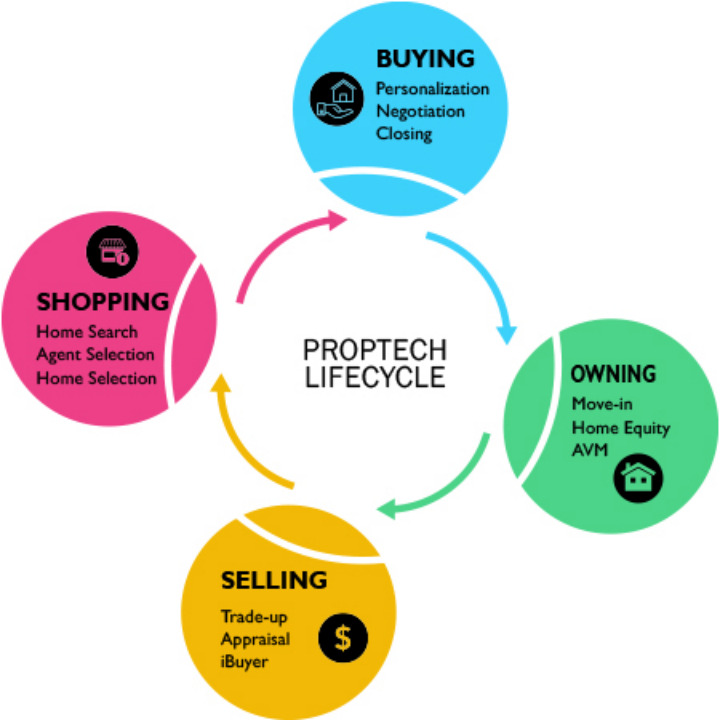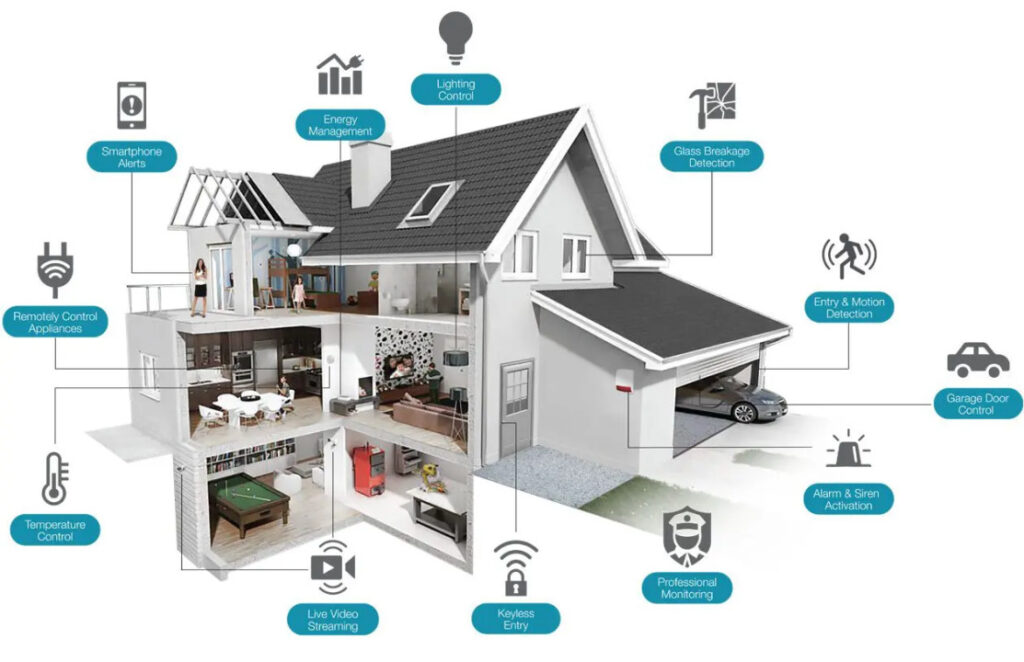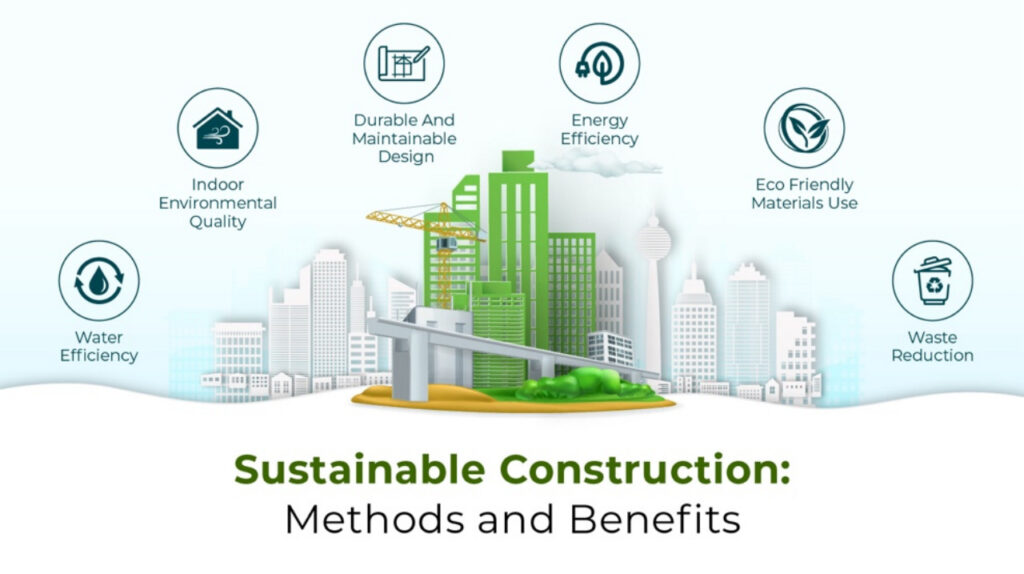The real estate industry is undergoing a significant transformation, driven by technological advancements, a growing focus on sustainability, and evolving consumer preferences. As we look ahead, several key trends are poised to redefine the landscape, offering challenges and opportunities for industry players. In this blog, we explore technological advancement and it’s implications for the future of real estate.
Technological Advancements
PropTech Revolution

The adoption of property technology (PropTech) is revolutionizing the real estate sector. Virtual tours, powered by augmented and virtual reality, are becoming a staple, allowing potential buyers and tenants to explore properties from the comfort of their homes. AI-driven property management solutions enhance efficiency by automating routine tasks and providing predictive maintenance insights. Additionally, blockchain technology is making transactions more secure and transparent, reducing the risk of fraud and expediting processes.
Top 10 Companies who are using this revolution:
1.NoBroker
2.Furlenco
4.Nestaway
10.Aurum PropTech
Smart Homes on the Rise

The demand for smart homes equipped with advanced devices and automation systems is soaring. Homeowners are increasingly seeking properties that offer integrated solutions for lighting, security, climate control, and entertainment. This shift is not only about convenience but also about improving energy efficiency and sustainability.
Top 5 Companies who are making this work:
1.Philips Automation Solution
3.Legrand
5.Wipro
Big Data & Analytic
Big data and analytics are playing a crucial role in the real estate industry. By analyzing vast amounts of data, companies can gain insights into market trends, predict customer behaviour, and tailor their marketing strategies. Personalized marketing, driven by data analytics, helps in reaching the right audience with the right message, enhancing customer engagement and satisfaction.

Sustainability and Green Building

Eco-Friendly Construction
There is a growing emphasis on eco-friendly construction practices and the use of sustainable materials. Builders and developers are increasingly adopting methods that minimize environmental impact, such as using recycled materials, reducing waste, and implementing energy-efficient designs.
Top 5 companies in this segment:
5.Stapati
LEED Certification
The popularity of buildings with LEED (Leadership in Energy and Environmental Design) certification is on the rise. LEED-certified buildings are recognized for their sustainability and energy efficiency, making them attractive to environmentally conscious buyers and tenants. These buildings often command higher market values and rental rates, reflecting their premium status.
Renewable Energy Integration
Incorporating renewable energy sources like solar panels and wind energy into building designs is becoming more common. This not only reduces the carbon footprint but also lowers energy costs for occupants. The integration of renewable energy is a key component of creating sustainable and self-sufficient buildings.
The real estate industry is being reshaped by technology (PropTech, smart homes, big data), a focus on sustainability (eco-friendly construction, LEED certification, renewable energy), and changing consumer preferences. These trends offer challenges and opportunities for those in the industry.
Conclusion
The future of real estate is tech-driven (PropTech, smart homes), sustainable (eco-friendly building, LEED, renewables),and caters to changing preferences (remote work, experience economy). Stay tuned for our next blog on evolving demographics, co-working spaces, and the future of retail real estate!





